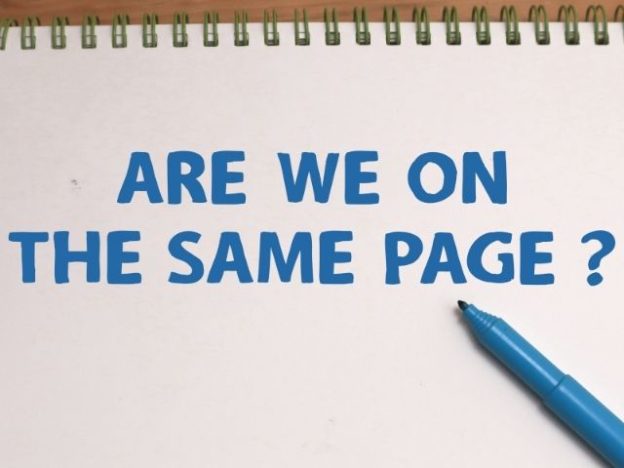It is natural for parents to respond when their children struggle. When parents become aware that their child is experiencing discomfort, they instinctively take steps to try and help. Whether the issue is with illness, emotional distress, financial problems, injury, or any other adversity. This instinct is a powerful motivator and addiction creates an ideal situation for this natural response to go too far, potentially to the point of creating unmanageability in the parent’s life and negatively affecting the rest of the family. A common theme when there is an addicted child in the family is for the addict to continually be in some form of distress. As they make a series of drug/alcohol-related decisions, they dig deeper into a hole and are always trying to avoid or mitigate the consequences. If parents are wrapped up in this cycle with the addict, it is easy to get into a “squeaky wheel gets the grease” pattern.
A parent who is distressed about their child’s distress, and perpetually focused on the struggling child, can easily have their attention turned away from other children and relationships that require maintenance. Inadvertently this can lead to neglected relationships, often with their other children. Many families with an addict child have unknowingly allowed other damaging dynamics to develop with the addict’s siblings.
Here are some common perspectives reported by siblings:
- Feeling neglected due to the attentions focused on the addict.
- Feeling that they must have a problem to receive attention.
- Not seeking help because they feel guilty that their parents are already stressed.
- Feeling that their hard work and commitment to “toeing the line” are unnoticed.
- Having mixed emotions about seeing parents spend tremendous resources, both time and money, on the sibling who does everything wrong.
- Building resentment toward their sibling for the chaos in the family as they watch their parents’ struggle.
- Feeling the expectations set for the addict are lower than they are for them. “I am expected to get good grades, but mom is happy if he just doesn’t do drugs for a few days.”
Here are some ideas and solutions that have worked for parents who recognized these issues in their families:
- FIRST, go to a parent support group and get support for yourself. Your new tools to respond to the addict will go a long way with their siblings. When siblings see their parent changing it is validating and gives them hope.
- Make a conscious effort to attend to relationships with your other children.
- Allow siblings to voice concerns.
- Be aware if the addict is receiving special treatment.
- Refrain from oversharing stress, it can add fuel to a burning resentment against the addict and or parent. It is best to discuss these issues with parents in your support group.
- If there is a recovery process happening such as counseling, treatment, or support groups, offer to involve siblings when it is available and allow them to avoid it if they don’t want to participate.
- Sharing the addict’s day-to-day struggles can contribute to resentful feelings if it does not involve the sibling. It may be better to share it with someone else.
- Offer to attend family counseling or get them a counselor of their own.
- Make home a sanctuary, keep intense confrontations or drama created by the addict on neutral ground rather than in the house.
Overall, just taking the time to realize that the siblings are being affected not only by the addict’s behavior but also by the parent’s response to it, is a great start. This awareness is the beginning of change for many parents. It does not change the fact that the squeaky wheel will get the needed grease, but it is a good reminder to remember the other wheels need care as well before they also become squeaky. By attending to everybody’s needs to the best of their ability a parent can set the course for whole family recovery and healing.
This article was written by Josh Azevedo for Parents of Addicted Loved Ones and originally appeared on their blog for families of addicted loved ones here.














